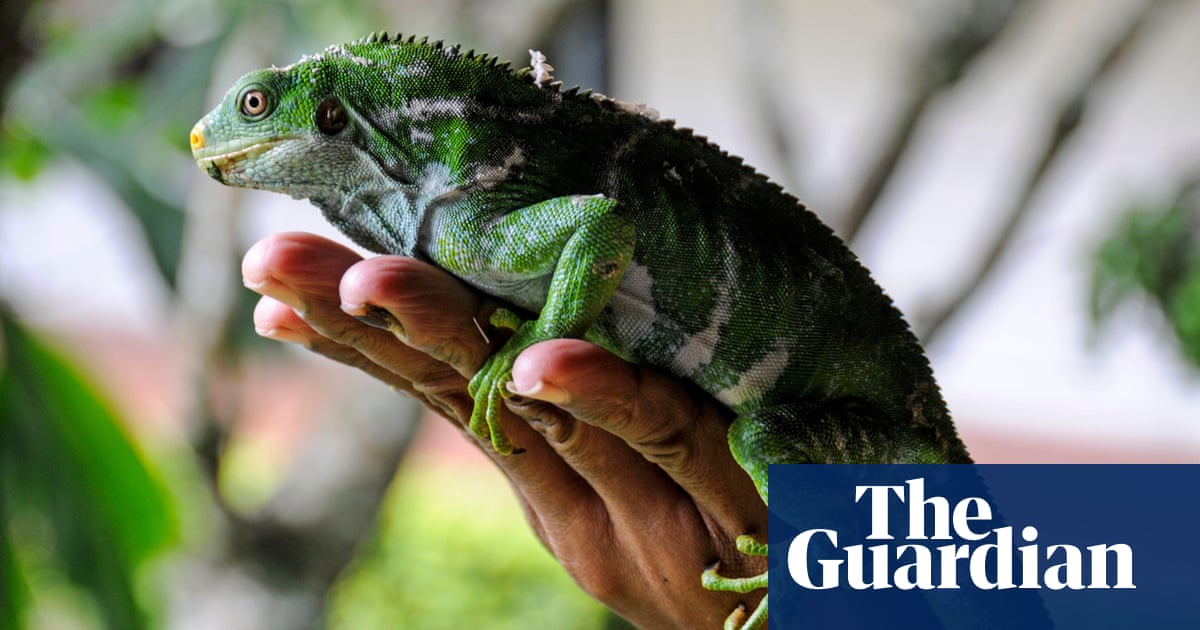The University of Virginia School of Engineering and Applied Science is excited to celebrate its faculty members who have achieved promotions this year. These accomplishments showcase their dedication and influence in their fields.
Liheng Cai
Department: Materials Science and Engineering, Chemical Engineering, Biomedical Engineering.
Education: B.S. from Lanzhou University (2006), Ph.D. from the University of North Carolina at Chapel Hill (2012), and postdoctoral fellow at Harvard University (2013-2017).
Research: Liheng focuses on polymers, bioengineering, and advanced manufacturing.
Yangfeng Ji
Department: Computer Science.
Education: Ph.D. from Georgia Institute of Technology (2016), followed by a postdoctoral stint at the University of Washington.
Research: His work zeroes in on natural language processing and machine learning, which are key areas as businesses demand more AI integration.
Rachel A. Letteri
Department: Chemical Engineering.
Education: B.S. from University of Notre Dame (2010), M.S. and Ph.D. from University of Massachusetts Amherst.
Research: Rachel explores polymer synthesis and therapeutic peptide delivery, vital for advancements in medicine.
Jundong Li
Department: Electrical and Computer Engineering, Computer Science.
Education: B.E. from Zhejiang University (2012) and Ph.D. from Arizona State University (2019).
Research: His interests lie in artificial intelligence and data mining, which are transforming industries worldwide.
Ji Ma
Department: Materials Science and Engineering.
Education: Both B.S. and Ph.D. from Texas A&M University.
Research: Ji specializes in additive manufacturing and orthopedic implants, contributing to health tech innovation.
Julianne Quinn
Department: Civil and Environmental Engineering.
Education: B.S. from Columbia University (2011) and Ph.D. from Cornell University (2017).
Research: Julianne handles water resource management and risk analysis, crucial in combatting climate change challenges.
Ashish Venkat
Department: Computer Science.
Education: Ph.D. from the University of California, San Diego.
Research: His focus includes computer architecture and security, essential for today’s digital landscape.
Bryan Berger
Department: Chemical and Biomedical Engineering.
Education: B.S. from University of Illinois Urbana-Champaign and Ph.D. from University of Delaware.
Research: Bryan’s expertise in synthetic biology and biotechnology is paving the way for new bioengineering solutions.
James T. Burns
Department: Materials Science and Engineering.
Education: B.S. from U.S. Air Force Academy and both M.S. and Ph.D. from the University of Virginia.
Research: He specializes in fracture mechanics and corrosion, fields important for material integrity in various applications.
Gary Koenig
Department: Chemical Engineering.
Education: B.S. from Ohio State University (2004) and Ph.D. from University of Wisconsin-Madison (2009).
Research: Gary studies batteries and energy storage systems, crucial for transitioning to renewable energies.
Garrick Louis
Department: Engineering and Society.
Education: B.S. from Howard University and Ph.D. from Carnegie Mellon University.
Research: His focus on sustainability and social equity in engineering education addresses modern engineering challenges.
Baoxing Xu
Department: Mechanical and Aerospace Engineering.
Education: Ph.D. from Columbia University (2012).
Research: Baoxing’s work in biomedical device design and nanomanufacturing is pivotal for healthcare advancements.
Panagiotis Apostolellis
Department: Computer Science.
Education: Ph.D. from Virginia Polytechnic Institute and State University.
Research: He studies human-computer interaction and user experience design, making technology more accessible.
Lindsay Ivey Burden
Department: Civil and Environmental Engineering.
Education: Ph.D. from Georgia Institute of Technology.
Research: Her work in sustainability and risk analysis is crucial as infrastructure systems face mounting pressures.
N. Rich Nguyen
Department: Computer Science.
Education: Ph.D. from University of North Carolina at Charlotte.
Research: His work in biological image analysis and machine learning bridges technology and biology.
These talented professors not only excel in their research but also inspire the next generation of engineers. Their contributions are vital to advancing technology and addressing real-world issues.





















